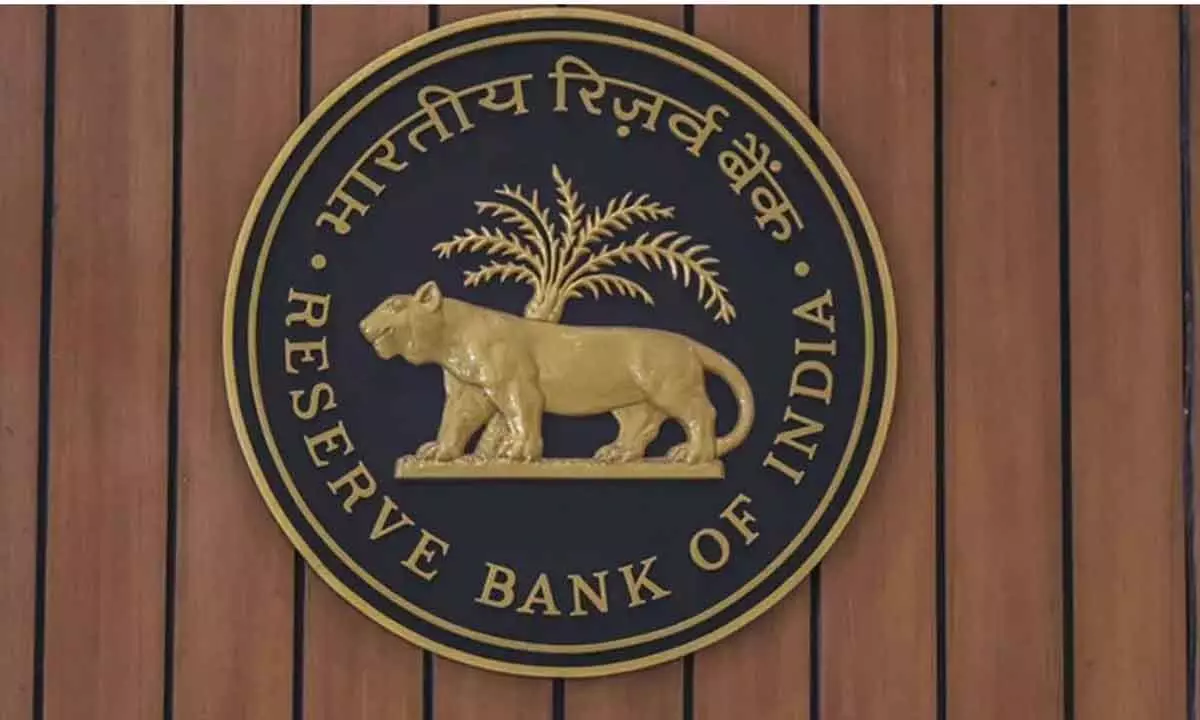RBI raises repo rate by 35 bsp
As it was expected, the RBI raised repo rate by 35 basis points, post conclusion of bimonthly MPC this morning.
image for illustrative purpose

Mumbai, Dec 07 As it was expected, the RBI raised repo rate by 35 basis points, post conclusion of bimonthly MPC this morning.
Suvodeep Rakshit, Senior Economist, Kotak Institutional Equities said, "The RBI, in line with expectations, hiked repo rate by 35 bps to 6.25 per cent. The stance also remains unchanged at withdrawal of accommodation though the voting against this stance has increased to two members. Overall, the concern on inflation continues especially as core inflation remains sticky and elevated. Growth concerns remain limited, for now."
We believe the RBI is now close to the terminal rate with the real policy rate, based on few quarters ahead inflation, around 100 bps positive. The February policy decision will be finely split between a pause and a last 25 bps hike with a bias towards a hike given that near term inflation readings is likely to remain relatively elevated around 5.5 per cent, he added.
Shishir Baijal, Chairman & Managing Director, Knight Frank India, said, "The RBI has been extremely judicious in their decision to raise repo rate by 35 bps as against the previous revisions, which were much sharper. The move is a balanced approach towards continued economic growth despite the higher than tolerance level of inflation. This hike in the repo was within expectation as the inflation has reduced and is expected to further reduce in the next few quarters, while the concern around domestic economic growth emerges amidst the current global vulnerabilities. "
Since the rate hike cycle in May, home loan products have become expensive by around 150 bps before today's hike. The lending rates have risen significantly, especially for the loans linked to External Benchmark based Lending Rate (EBLR) where there has been a 100% transmission of repo rate. Loan products linked to MCLR rate are also up by around 108 bps during this period, he said.
This hike will further impact EMIs and reduce home affordability. Simply based on the interest rate impact in this rate cycle, the Knight Frank Affordability Index has recorded a cumulative deterioration of an average of 3 per cent across the country. However, as we have seen since the beginning of the rate hike cycle, latent demand has sustained, albeit with some moderation, in cumulative housing sales since the beginning of the rate hike cycle. The 35-bps rate hike by the RBI may be considered moderate in the current context and therefore considered a welcome move, he added.

